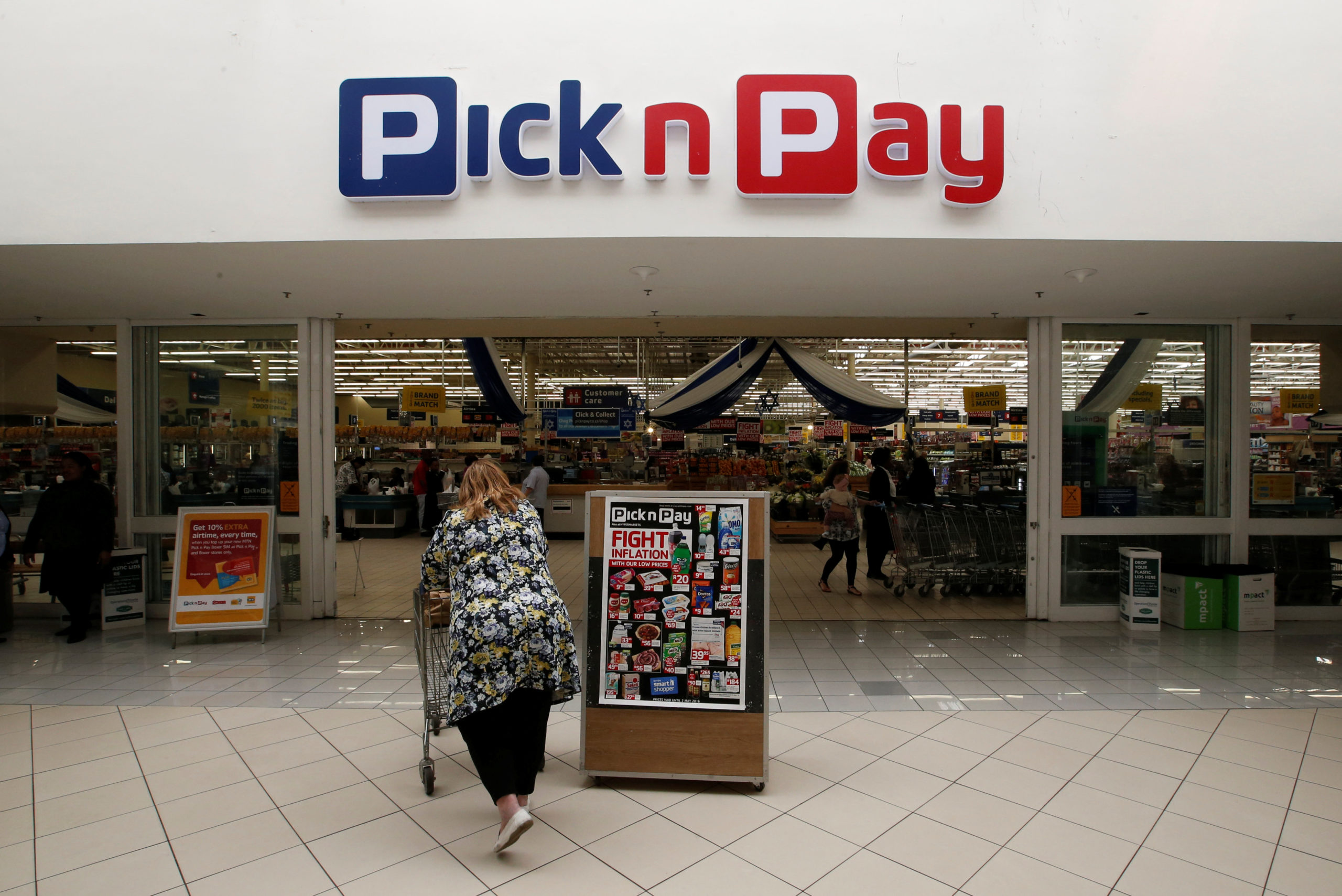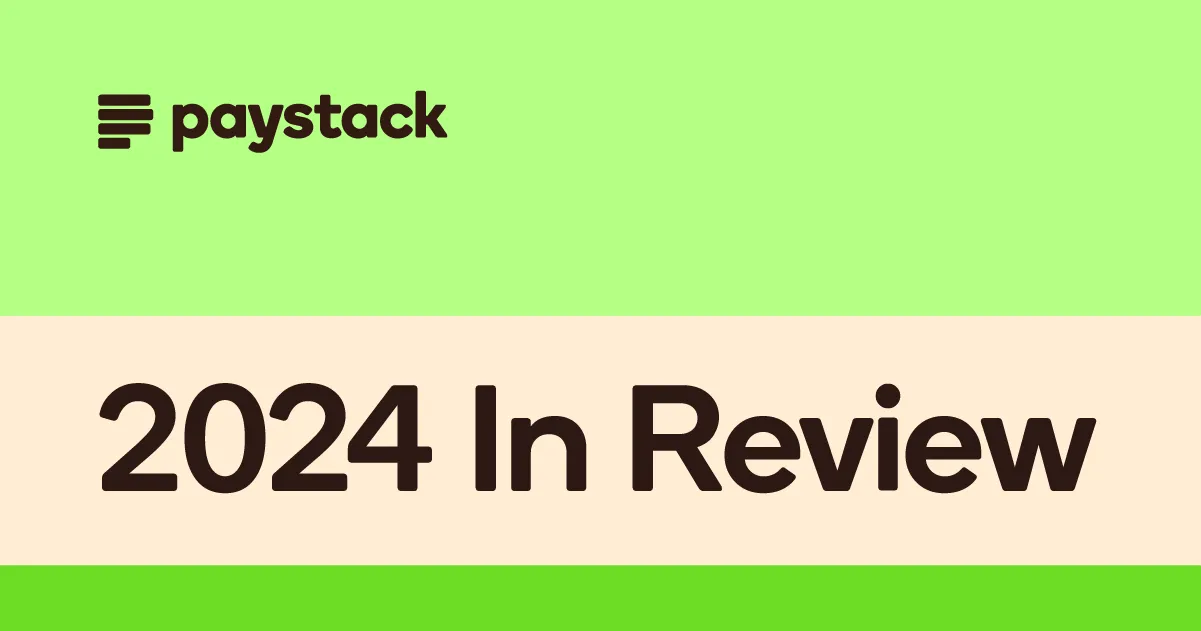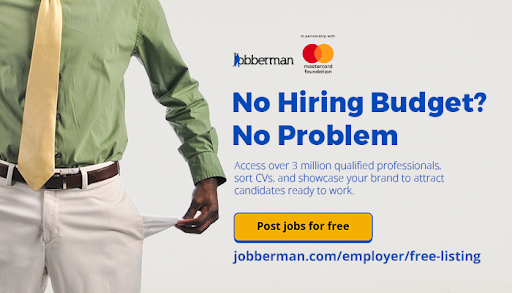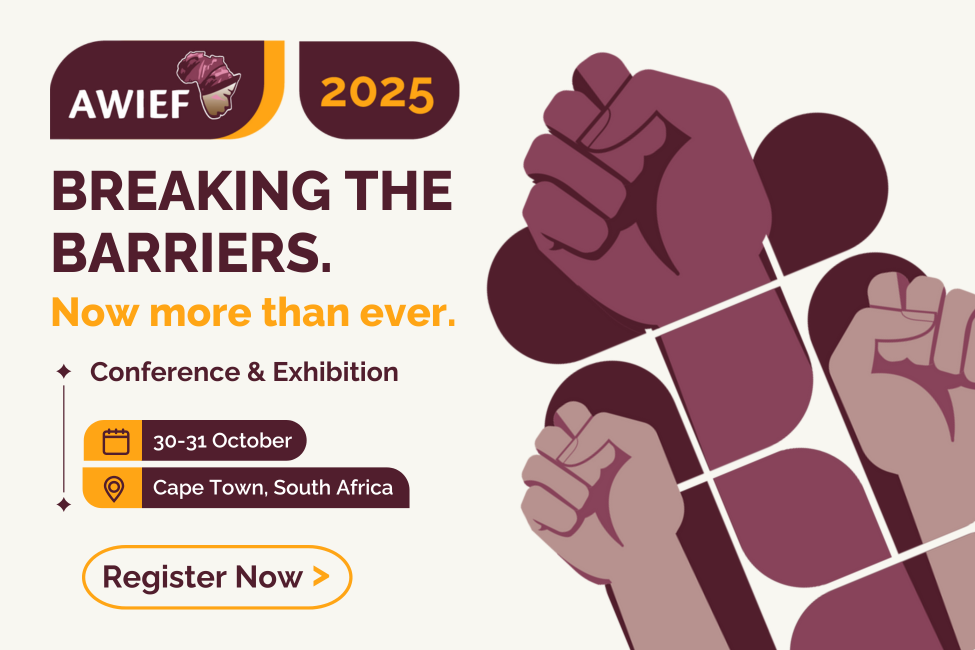- 👨🏿🚀TC Daily
- Posts
- Pick, Pay n Profits
Pick, Pay n Profits
Inside: Kenya is selling part of its stake in Safaricom.


Good morning. ☀️️️
If you’re often missing TC Daily in your inbox, check your Promotions folder and move any edition of TC Daily from “Promotions” to your “Main” or “Primary” folder and TC Daily will always come to you.
Let’s get into it!

Companies
South Africa’s Pick n Pay says its online business is profitable

Pick n Pay, a South African retail giant, reported that its online business is now profitable.
This includes asap!, its e-commerce app, and its grocery delivery business in partnership with Naspers-owned Takealot.
While the South African retailer declined to reveal the revenue of its e-commerce businesses, it said that its online retail turnover grew by 48.7% year-on-year (YoY). Sales on the asap! app specifically climbed by 102.3%, contributing strongly to Pick n Pay’s online growth.
This strong performance in its online business came amid a loss for Pick n Pay in 2024. The retail company reported a R3.2 billion ($180 million) loss in 2024, after underperforming in its core supermarkets business.
Why is online demand for grocery delivery going up in South Africa? Online shopping took off in South Africa after COVID. In 2024, South Africans placed 18% more online orders than the previous year. South African consumers, like others globally, have grown used to the convenience of having groceries arrive at their doorstep.
Yet, asap! is still like a fish out of water when it comes to the online retail market. Its competitor Woolworths, is South Africa’s largest online grocery store by net sales; and Checkers Sixty60 runs the most popular on-demand delivery app with over 4.5 million downloads.
Pick n Pay is still expanding its online grocery delivery service. It is building its strategy around speed. asap! claims to deliver orders in 60 minutes, yet Reddit claims show that this occasionally takes longer.
This hasn't stopped asap!’s growth, but it is more accurate to say that the app is reaping the reward of South Africa’s online delivery boom more than anything else.
For Pick n Pay's asap!, technology too makes a difference. In May, the company revamped its asap! app to include loyalty perks and on-demand delivery in a play to win customers. This is likely working as sales are going up.
But online success doesn’t mask deeper challenges for Pick m Pay. The retailer exited Nigeria in October 2024 to become efficient and is playing catch-up in a South African market dominated by Shoprite’s Checkers Sixty60 and Woolworths’ Dash.
Join Fincra for an Exclusive Side Event at Money20/20 Europe

Fincra is co-hosting “Stablecoins & The Future of Payments” at Money20/20 Europe with Utila, Rail, Wirex & more. Join fintech leaders for insightful panels & networking. Limited spots - RSVP here.
Telecoms
IHS holdings exits Rwanda, shifts focus to larger African economies

With rising interest rates, unstable currency, and logistical constraints like unreliable electricity, IHS holdings makes a clean break from Rwanda.
Here’s the tea☕: If you don’t know IHS holdings, it is Africa’s largest independent telecom tower operator with over 39,000 towers. (Well… make that 37,700 now. It just sold off 1,465 sites in Rwanda.)
On May 20, 2025, the company announced the sale of its Rwandan operations to Paradigm Tower Ventures for up to $274.5 million.
Although Rwanda’s 1,465 towers made up less than 4% of its total portfolio, it is clear that IHS is stepping back from smaller markets and locking in on African markets with higher commercial potential and more favorable economics.
Over the past decade, the company entered countries like Rwanda, Kuwait, and Peru—markets that often delivered lower returns—to secure early-mover advantages and long-term contracts. That move helped position IHS as a global player ahead of its IPO (initial public offering) in 2021. Now? It’s all about profitability and scaling, as the company similarly left Kuwait and Peru in 2024.
What’s in it for IHS? Besides more efficiency and increased capital, its Rwandan exit allows the company to reduce operational complexity, have clearer financials, and reduce the complexity of its business model. Operating towers in smaller markets takes just as much effort as larger ones—but with way less generated revenue. This exit trims the fat so IHS can double down where it counts—and look sharper doing it.
IHS: “It’s not you, it’s me. I want bigger markets”
Rwanda: “Who are they?” (tear-filled)
Greener (and larger) pastures: Nigeria accounts for about 43% of IHS’ post-sale portfolio (16,000 towers) and has 63% of its market share. In Cameroon, Côte d’Ivoire, and Zambia, IHS has no competition. The company is expanding into 4G and early-stage 5G deployments in South Africa where it holds 37% market share. For IHS, these core markets are larger and more strategic.
Even after trimming 1,456 towers, IHS is still sitting at the top of the tower game.
Paga is on the Financial Times List Three Times in a Row!

Milestone achieved: 3x in a row! Celebrating 16 years of growth with our third consecutive appearance on the Financial Times' Africa's Fastest-Growing Companies list. Read more.
Telecoms
Kenya eyes its Safaricom stake to keep the lights on

What do you get when the economy is tight, debt keeps piling up, and no one wants more taxes? Sell off shares in your most profitable entity.
Here’s what is happening? Kenya wants to raise $1.1 billion to plug a growing hole in public finances. To plug this hole, the government, Kenya wants to sell off an undisclosed portion of its 34.9% stake in Safaricom, the country’s most profitable company. This transaction is expected to happen before the end of the 2025/25 financial year.
Why Safaricom? In 2024, Safaricom—whose growth has relied on M-Pesa, its mobile money platform—made a profit of $540 million and delivered $130.5 million in dividends to the Kenyan government. The company has a market capitalisation of over $6 billion. In an interview, Treasurer Cabinet Secretary, John Mbadi hinted that Kenya could raise as much as Sh149 billion through privatisation if it sells more of its Safaricom stake.
Why now? Kenya’s debt situation is bad! In the first six months of the 2024/25 fiscal year, Kenya spent over $4.5 billion in paying debt interest alone. Kenya’s total debt stands at $88.5 billion, up from $67.3 billion. The rapid growth of debt and underperforming tax revenues have left the Treasury with a few painless options.
While this would be Kenya’s biggest sell-off in nearly two decades, they sold off a 25% stake in Safaricom during its heavily oversubscribed IPO in 2008, raising $400.5 million. At the time the government was hesitant to let go of more Safaricom shares. Today’s economy is not giving them much of a choice.
Will the Safaricom sale actually ease the pressure, or is Kenya just buying time with its best-performing asset? If and when Kenya exhausts its Safaricom stake… What's next?
Here’s what happened at Paystack in 2024!

See what Paystack built last year! From major product upgrades to new ways we supported African businesses. Check out our Year in Review →
CRYPTO TRACKER
The World Wide Web3
Source:

Coin Name | Current Value | Day | Month |
|---|---|---|---|
| $108,747 | - 0.84% | + 15.78% | |
| $2,557 | - 0.70% | + 42.41% | |
| $2.04 | - 0.29% | - 5.49% | |
| $173.10 | - 2.56% | + 18.40% |
* Data as of 06.45 AM WAT, May 27, 2025.
Post Jobs on Jobberman for Free!

Hiring just got easier! Post your jobs on Jobberman for FREE and connect with 3 million+ qualified candidates. No fees, no stress - just smart, seamless recruitment. Start here.
Events
- The Africa Women Innovation and Entrepreneurship Forum (AWIEF) will return to Cape Town on 30–31 October 2025, under the urgent theme “Breaking the Barriers: Now More Than Ever.” As backlash against gender equality threatens hard-won gains, AWIEF2025 calls for bold, collective action to advance women’s leadership in business and innovation. The two-day event will gather entrepreneurs, investors, policymakers, and changemakers from across Africa and beyond to accelerate progress for women on the continent. Register now or book an exhibition stand.
- Join us for an exciting Mixer on June 6th at 5 PM WAT as we explore the future of tech entrepreneurship in Africa. Whether you're a founder, operator, or just curious about building in Africa, this event is for you. Come learn, share, and connect with others shaping the continent's tech ecosystem. Register here.
- The Next Wave: futuristic analysis of the business of tech in Africa.
- TC Scoops: breaking news from TechCabal


Introducing, The Naira Life Conference by Zikoko

This August, the Naira Life Con will bring together wealth builders, entrepreneurs, financial leaders, and everyday Nigerians to share their experiences with earning, managing, and spending money. Think: bold conversations, immersive workshops, and content tracks that hand you a playbook for building real wealth. Get early bird tickets now at 30% off only for a limited time. Download Report now.

Written by: Emmanuel Nwosu and Opeyemi Kareem
Edited by: Faith Omoniyi
Want more of TechCabal?
Sign up for our insightful newsletters on the business and economy of tech in Africa.
P:S If you’re often missing TC Daily in your inbox, check your Promotions folder and move any edition of TC Daily from “Promotions” to your “Main” or “Primary” folder and TC Daily will always come to you.

How did you find today's edition of #TCDaily? |


